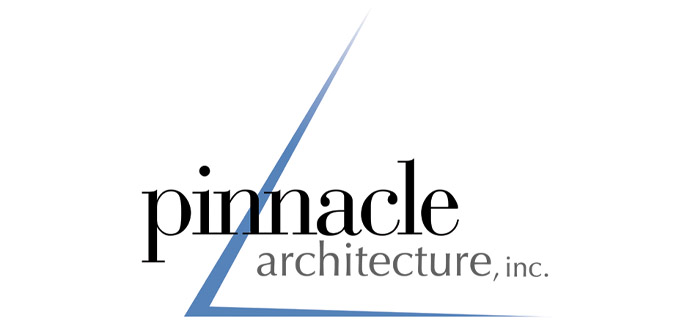Born and raised in Bend, I have seen our city grow and change over the decades. However, in the last ten years, our population has swelled exponentially. The effects of this growth can seem overwhelming from housing costs to labor and workforce shortages to traffic congestion. A survey commissioned by the Bend Chamber of Commerce in the fall of 2021 revealed that Bend residents see rising housing costs as the biggest problem resulting from Bend’s rapid growth.
So… what can we do to solve this problem? We do not have a crystal ball, but we can learn from other communities that have faced these challenges with varying degrees of success. Bend’s housing problem is multi-faceted, and although the conversation is often focused on housing density and land-use regulations, I would like to explore additional paths to overcoming our challenges.
I am not discounting the importance of ‘building up’ and ‘building in’ to create more workforce housing in Bend. In fact, I believe that some of the most effective and efficient ways to create more housing are the supplementation of additional dwelling units (ADUs), multi-family housing developments, single-family housing conversions and smaller yards. However, there are two other solutions that I want to address — alternative building methods and cultural shifts in the way we see housing.
The rapid technological advancements we have experienced over the last decade have not missed the construction sector — there are more ways to build than ever before. Modular housing is a smart option for creating affordable homes — using pre-engineered, factory-fabricated homes that are transported to a homesite in sections and assembled. The bulk purchase of materials and finishes along with the decreased on-site construction time greatly decreases the cost. The eminent issue with modular building in Central Oregon is the cost of transportation given the lack of access to a local modular home manufacturer. Years ago, Bend was home to Fuqua Homes, which provided jobs and manufactured housing in Central Oregon. Unfortunately, Fuqua Homes went out of business during the 2008 recession. I would not be surprised to see another modular or manufactured home supplier open shop in our region in the near future, creating greater access to affordable home options and some manufacturing employment opportunities. Last year saw a rise in home construction via 3D printing, with two developments right here in Oregon — one in John Day and another in Medford. As this technology becomes more widely available, it could greatly benefit our community.
In addition to the tangible solutions, some cultural adjustments could lead to improved access to housing. Living in a multi-generational household alleviates housing costs for families and offers a slew of other benefits, like childcare and elder care support. Personally, our family has lived next to our parents for 22 years. My kids grew up within a stone’s throw of their grandparent’s home. They take care of each other and are still remarkably close. Helping each other with chores like housework, computers, shopping and transportation. It is a fantastic way to develop patience, understanding, trust and humor. Not to mention all the money saved on child and elder care. Do you have family, friends or neighbors who might be interested in this arrangement?
The recent shift to remote work also offers flexibility when choosing housing locations regarding access to transportation, and proximity to the workplace. Although having consistent access to a vehicle has many conveniences, limiting the number of cars and trips in your household saves time and money. It can also open space to create a garage conversion for an additional dwelling unit, allowing for rental income and decreasing your transportation expenses.
As Bend continues to grow, it is our shared responsibility to develop solutions to ensure our community continues to be a wonderful place to live, work and visit. To stay up to date on growth solutions in our community and learn more about how you can positively impact Bend’s housing shortage, I urge you to follow Building a Better Bend — a nonprofit that organizes a lecture series that brings experts to Central Oregon to share innovative ideas as well as examples of initiatives that have found success in other communities. Learn more at buildingabetterbend.org.
Peter Baer is the principal architect and founder of Pinnacle Architecture. Founded in 1990, he has built the firm on the foundation of a solid commitment to continuous improvement and client satisfaction. His portfolio of work is vast and varied, and the theme of enhancing lives and communities has been a constant. Baer can be reached at 541-388-9897×12 or Peter@parch.biz




